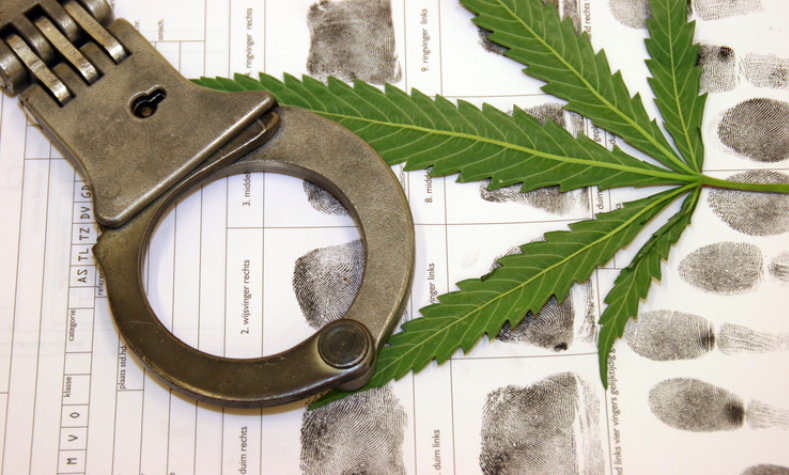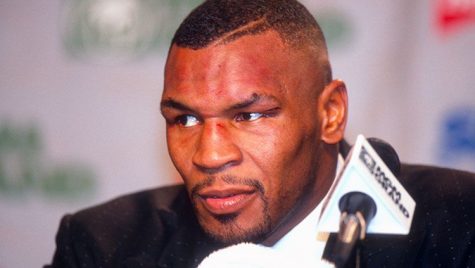Pittsburgh cops are still targeting minorities after decriminalization
Thor Benson / Cannabis News Box Contributor
Many who argue in favor of cannabis decriminalization or legalization do so by focusing on how the War on Drugs has disproportionately harmed communities of color. Though this is true, there are still many issues with racial bias in American law enforcement and society that cannot be solved by simply easing drug laws.
This is evident in Pittsburgh, Penn., which decriminalized cannabis in 2015, where a new report has found police are still disproportionately arrested people of color for drug crimes.
The report found Pittsburgh police are still arresting many people over cannabis possession, rather than fining them. Of the 2,100 cases researchers looked at that took place between 2016 and 2017, over half were for black residents, despite the fact Pittsburgh is only around a quarter black. It’s clear racial bias is still a major problem despite efforts to combat it.
“Just because something like marijuana has gone through the decriminalization process, it doesn’t mean there are fewer police or patrols in certain neighborhoods that have been marked with the stigma of crime,” Pete Haviland-Eduah, a spokesperson for the Million Hoodies Movement for Justice, told Cannabis News Box. Haviland-Eduah said part of this is that police assume certain communities of color are filled with criminals, but it’s also due to how citizens view people of color.
“People who engage in calling the police on people of color play a critical role in police targeting certain communities, because they weaponize an irrational fear and put it into practice and it can have lethal consequences,” Haviland-Eduah said. “Everyone in the community needs to realize they play a part in solving this problem.”
Unfortunately, there has been a trend across the nation where decriminalization and legalization do not fix issues between the police and communities of color when it comes to drug crimes. Haviland-Eduah said that there has also been a serious issue with this in Washington, D.C.
“A perfect example of this is in Washington, D.C. where marijuana was legalized in 2015. Despite D.C. becoming more progressive in its view on marijuana consumption, black people are disproportionately punished for its distribution and use,” he said. “In 2017, 92% of those arrested for distribution were black and 75% of those arrested for marijuana use were black.”
Haviland-Eduah said some reforms he’d like to see that could help mend the damage done by the War on Drugs would be the end of mandatory minimum sentences and to make large investments in communities of color that were harmed by the War on Drugs. Besides that, it seems the problem of racial bias in policing and those who call the police needs serious attention.














